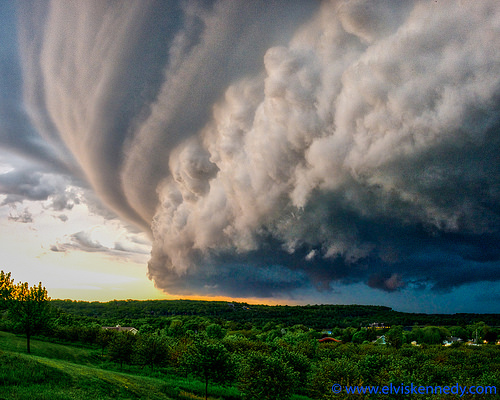When it rains, it pours.
When we have a lot of something, we tend value it less, especially any more quantities. If we are hungry and all we have is one orange, it’s pretty valuable. The second orange is still valuable but less so. The hundredth orange doesn’t have much extra value compared to the 99th. This economic principle underlies why we trade the things we have too much of for things we don’t have enough of (and why that transaction makes sense for the other party). Economists call this decreasing marginal utility.
Almost every day we experience feast and famine. Not only with goods, but also with our experience. When we are young we have excess energy and time and can easily become bored. As we get older, we have more resources but not enough time to fully use them. Even raising children has a similar path: when our kids are young, they are more needy and therefore enjoy cuddling and hanging out with their parents. As they get older, they have more independence which is great, but no longer want to hang out.
It might be nice to have a smoothing function that allows us to share the abundance of today with our future or past selves. There is actually a retirement theory based on trying to smooth our life income (saving = giving to your future self, borrowing = your future self giving to you now). But this is hard to do with things like time or experiences. As a result, we live our life with excesses in some areas and not enough in others. Perhaps the secret of contentment is to treasure those things we have too much of while we have them, knowing that we may not have as much in the future, instead of our natural tendency to focus on our lack confident that few lacks last forever.
Photo Credit: elviskennedy cc

Leave a Reply